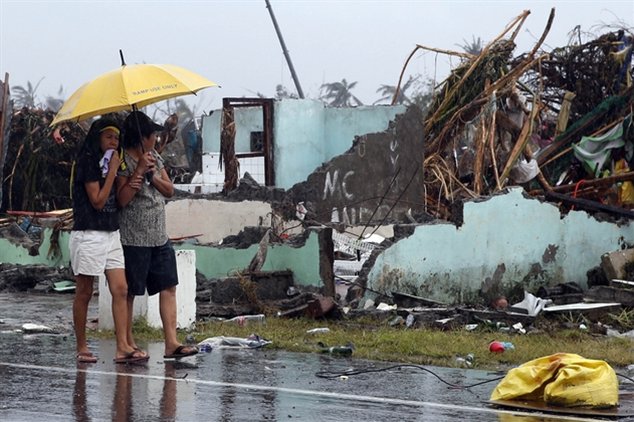The UN Secretary-General, Ban-ki moon, announced the first World Humanitarian Summit will be held on the 23-24th of May in Istanbul, Turkey.
The purpose of the summit is to set a forward-looking agenda for humanitarian action to collectively address future humanitarian challenges. It will involve 153 Countries, with the participation of goverment agencies, institutional donors, NGOs, CSOs and many other actors at national and international level.
Today, 43% of the world’s poor* live in fragile situations and this number is expected to rise to 62% by 2030. Ending humanitarian needs is therefore fundamental to ensuring the stability of communities and societies to live their lives in safety and with dignity.
Recognising the importance of the Agenda for Humanity and the plight of millions of vulnerable people around the world, we as Alliance2015 step up to our collective responsibility and commit to do the following (see full statement and commitments here):
1. Anticipate risks and take early action by developing new partnerships and increasing our investments in early warning and preparedness measures in high-risk and vulnerable settings to guide our operational work, including that which we implement with and through national partners.
2. Contribute actively to regular and coordinated data collection and analysis with respect to risks and vulnerabilities, which will form the basis and driver for determining a common understanding of context, needs, capacities and response.
3. Reinforce, rather than replace, in-country efforts for humanitarian preparedness and response, recognising that local actors and communities themselves are critical “first responders”.
4. Increase our investment in actions that build the capacity of national NGO and local CSO partners as well as state actors for better risk analysis, early warning and early action, prevention and preparedness to mitigate the impacts of disasters and other crises.
5. Implement more actions promoting area-based approaches that enhance self-reliance, participation and lasting outcomes in at-risk contexts.
6. Advocate for predictable multi-year funding commitments and instruments that would enable humanitarian programming to look at longer term resilience-oriented solutions and to allow for early recovery.
7. Collaborate with government-led initiatives during crisis responses to the extent that principled humanitarian action permits within any given context.
8. Support the integration of local actors into the humanitarian system and the collective sourcing of more predictable financing for humanitarian response at both the national and international level.
*People on less than $1.25 per day
©REUTERS/Erik De Castro, thanks to Trust.org. All rights reserved.
